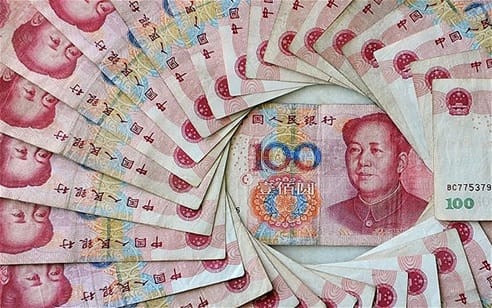Bonnie Glaser of the Centre for Strategic and International Studies, a think-tank in Washington, says China may even be pursuing economic integration to strengthen its leverage. “China’s strategy is to weave together a network of economic interdependence. It is using the centrality of its power to persuade other nations that to challenge China on territorial issues is simply not worth it.” But its neighbours are not sitting placidly by. Last summer Chinese businesses in Vietnam were attacked by locals after a Chinese state-owned oil firm put an oil rig in waters that both countries lay claim to.
Since then, American officials say, its allies in the region have become somewhat keener to move into America’s economic orbit to keep China in check. Japanese investment in China fell to $9.1 billion in 2013, from $13.5 billion the year before. At the same time Japan’s investment in ASEAN more than doubled, to $23.6 billion. Myanmar, until recently a satrap of China, is opening up to the West.
Even in Singapore, which has a big ethnic Chinese community and sees itself as a cultural bridge between east and west, China’s conduct has raised eyebrows. Simon Tay, chairman of the Singapore Institute of International Affairs, says its treatment of countries such as Vietnam shows that political integration has failed to match the economic sort. “The post-war period has provided a sense of stability that has enabled Asians to mind their own business—literally the business of business,” he says. “There is unease about a China-centric region.”
The full article is available at The Economist.




